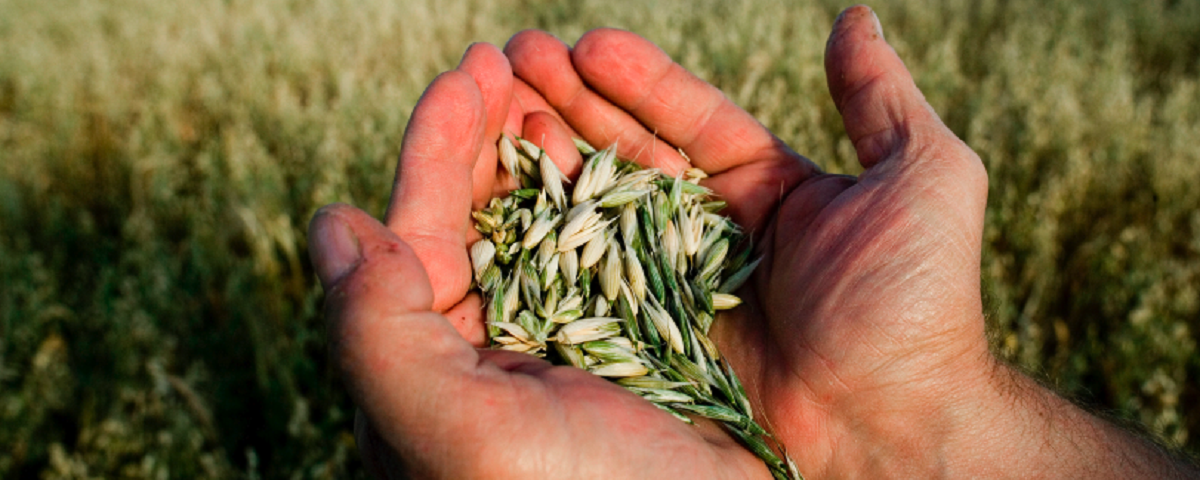In all stages of life, it is important to eat a healthy diet and exercise. As we age, the body becomes less efficient at absorbing some key nutrients. Here are a few of the nutrients to look out for and how to get enough.
Vitamin B12
Our stomach’s produce less gastric acid after age 50. This sometimes makes it difficult to absorb Vitamin B-12. The Recommended Dietary Allowance (RDA) is 2.4 micrograms. The richest sources of Vitamin B-12 include lean meat, fish, poultry, eggs, dairy products, and fortified cereals. You can ask your doctor about taking a blood test to see if your B12 is low.
Calcium
Men over age 50 should be getting 1000mg of Calcium a day and women over 50 should be getting 1200mg. To help achieve these numbers try to have three servings of a low-fat milk, yogurt, or cheese. Other calcium rich foods include fortified cereals and fruit juices, dark green leafy vegetables and sardines.
Vitamin D
Vitamin D helps the body absorb calcium. In addition, it may also protect some chronic diseases. Vitamin D is produced in the body when it is exposed to sunlight. However, as we age, the skin becomes less efficient at producing the vitamin from sunlight. The RDA is 600 IU for those 70 years and younger, and 800 IU for those over 71. Vitamin D is found naturally in foods like fatty fish, cheese and egg yolks, but also in fortified dairy and cereals. You should have your vitamin D levels checked yearly by your physician. If it is low, your doctor can recommend the proper supplementation.
Fiber
Our GI system slows down as we age making us more susceptible to constipation. Consuming a high fiber diet, not only promotes healthy digestions but it can protect against heart disease and diabetes. We want to aim for 30-40 grams of fiber per day. Good sources of fiber include whole grains, nuts, beans, fruits, and vegetables. Gradually increase fiber into your diet and drink plenty of water.
Omega 3 fats
These unsaturated fats are good for brain, heart, and inflammation. Try to eat wild salmon, mackerel, sardines, or black cod, or trout twice a week. You can also get plant based omega 3s from flaxseeds, chia seeds, and walnuts. Talk to your doctor about supplementing. You don’t want to take supplements if you are on blood thinners.
Water
Try and drink 8 glasses per day. Make sure your urine is the color of lemonade.
Phytochemicals
These are chemical compounds made by plants that are beneficial to our health and are very important to have in our diet to help reduce the risk of many diseases such as cancer, heart disease, diabetes, and high blood pressure. Try to consume 8-10 servings of vegetables and fruits daily.
The phytochemicals lutein and zeaxanthin, which are found in green leafy and orange vegetables may decrease the incidence of cataracts and age-related macular degeneration.




